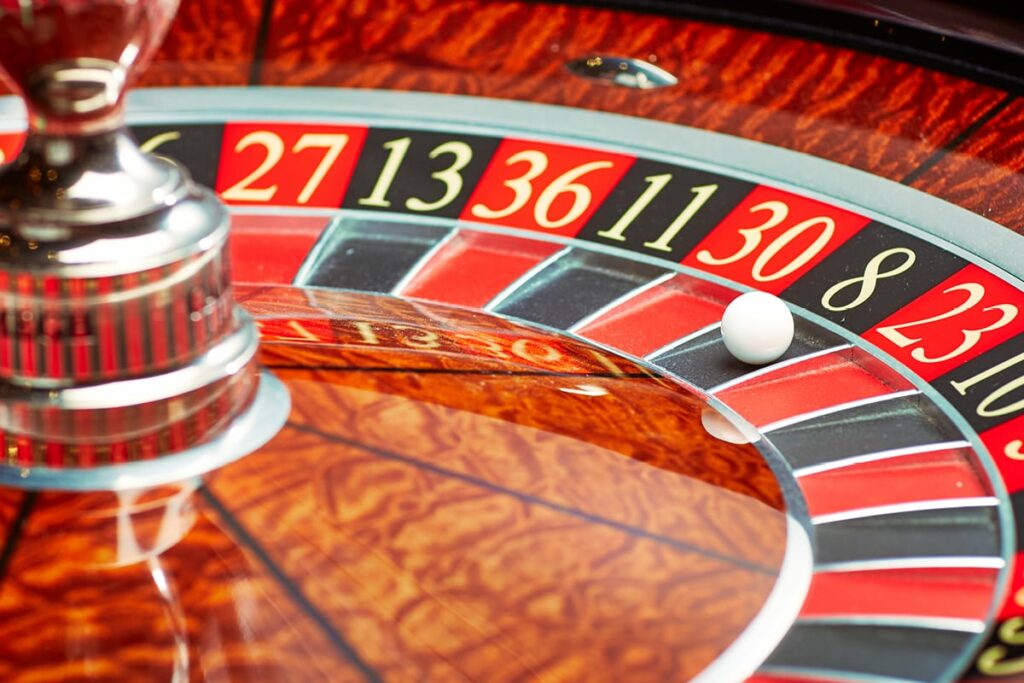Embark on a historical journey with us as we delve into the captivating evolution of the roulette wheel, exploring its peculiar origins and transformative moments. From a failed experiment to a symbol of upscale gambling, the roulette wheel’s history is as intriguing as the game itself.
The Legend and Pascal’s Experiment
The allure of the roulette wheel extends beyond the thrill of chance; it carries a legend that connects it to the mystical number 666. According to folklore, the inventor of the single zero roulette wheel struck a deal with the devil to unlock the secrets of winning at roulette. However, the truth behind this legend lies in the genius of Blaise Pascal, a French physicist, inventor, and mathematician. Exploring the roulette wheel history reveals a fascinating journey from its inception to becoming a symbol of both luck and risk..

In 1655, Pascal sought to create a perpetual motion machine, a device that could operate indefinitely without an external power source. Although his experiment failed, it inadvertently led to the creation of one of the most beloved casino games — roulette.
Diverse Names and Cultural Impact
Historically, roulette has been known by various names, such as “Roly Poly,” “Ace of Hearts,” “Even-Odd,” “Biribi,” and “Hoca.” The present name, “Roulette,” meaning “Small Wheel” in French, evolved from the English term “Roly Poly.” This linguistic journey reflects the game’s widespread popularity and cultural influence.
The Zero’s Impact
A pivotal moment in roulette’s history occurred in the mid-19th century when Francois and Louis Blanc introduced the single zero on the wheel. Initially absent, the zero altered the game dynamics, providing the house with a more significant edge. Today, the American version features a double zero, distinguishing it from the European single zero wheel.
European Elegance vs. American Innovation
Diverging paths emerged as the game crossed the Atlantic in the 1800s. The American version, characterized by a double zero, prioritized quick bets and fast action, simplifying the betting table. In contrast, the European style maintained a more traditional layout. The choice between a single or double zero roulette wheel still depends on the country in which you play.
Charles III of Monaco: A Financial Savior
In a tale of financial ingenuity, Charles III of Monaco faced economic challenges and found an inventive solution – a casino. Introducing the roulette wheel to the masses, Charles turned the wheel into a symbol of Monte Carlo’s upscale gambling culture. Simultaneously, the single zero wheel’s debut coincided with France’s gambling ban, enhancing Monte Carlo’s allure.
As the roulette wheel continues to spin, its rich history intertwines with cultural shifts, innovations, and legends, captivating players across the globe. From Pascal’s scientific pursuit to Charles III’s economic strategy, the roulette wheel’s journey is a testament to the enduring allure of chance and fortune.